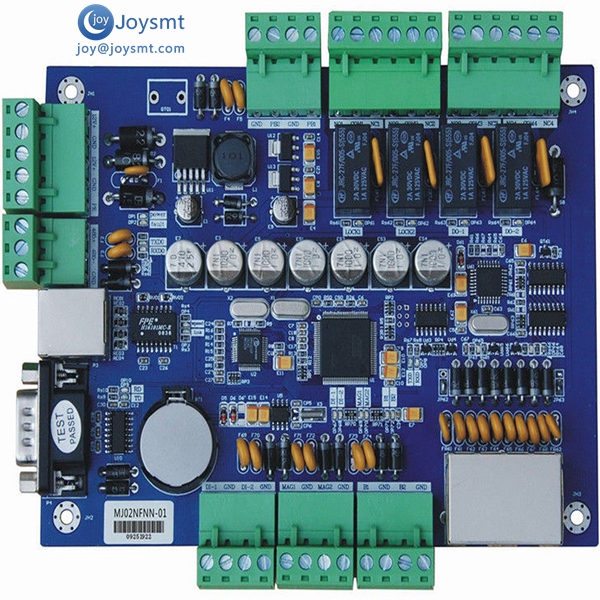

Electronics Definitions: Electronics is the branch of science that deals with the study of flow and control of electrons (electricity) and the study of their behavior and effects in vacuums, gases, and semiconductors, and with devices using such electrons.
Rules of Electrical Circuits: * A voltage of 1V across a resistance of 1 Ohm will cause a current flow of 1 Amp, and the resistor will dissipate 1 Watt (all as heat).
What is an electronic circuit? A circuit is a structure that directs and controls electric currents, presumably to perform some useful function. The very name "circuit" implies that the structure is closed, something like a loop.
Current: Charge is mobile and can flow freely in certain materials, called conductors. Metals and a few other elements and compounds are conductors. Materials that charge cannot flow through are called insulators. Air, glass, most plastics, and rubber are insulators, for example. And then there are some materials called semiconductors, that seemed to be good conductors sometimes but much less so other times. Silicon and germanium are two such materials. The flow of charge is called electrical current. Current is measured in amperes (a), amps for short (named after another French scientist who worked mostly with magnetic